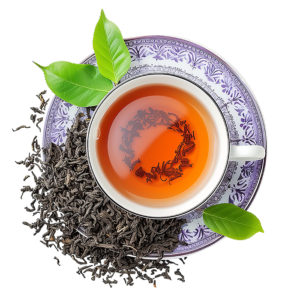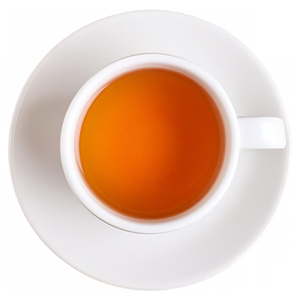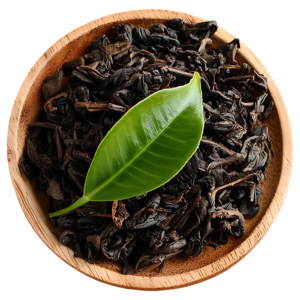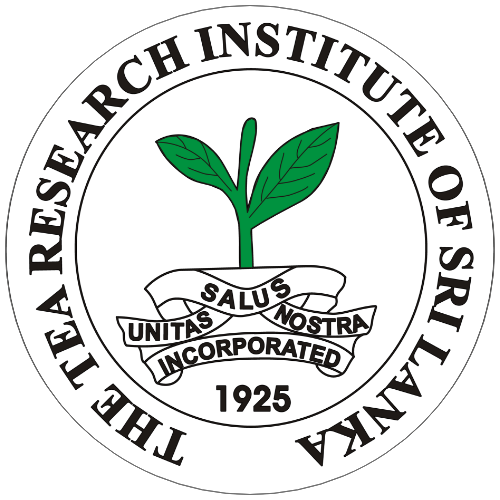
TEA RESEARCH INSTITUTE
OF SRI LANKA
The Tea Research Institute (TRI) of Sri Lanka has a rich history that plays a significant role in the development of the country’s tea industry. This Institute has played an essential role in improving the quality and sustainability of the tea industry in Sri Lanka. Many of the innovations and techniques developed by the TRI have been adopted by tea producers across the country, contributing to Sri Lanka’s position as one of the top tea exporters in the world.
The TRI was established in 1925 as an arm of the Planters’ Association of Ceylon, with the goal of improving the tea industry through scientific research and development. At this time, Sri Lanka (then called Ceylon) was one of the largest producers of tea in the world, and it was recognized that scientific research was essential to improve yields, quality, and processing techniques.
In the early years, the institute operated with a small staff and limited resources. It was based in Nuwara Eliya, a town in the central highlands, where the research was conducted in makeshift laboratories using modest equipment. Despite these early challenges, the institute began laying the foundation for scientific tea research.
In 1929, the TRI was relocated to the St. Coombs Estate in Talawakelle, located in the heart of the tea-growing region. This move provided better facilities and the necessary space to expand research activities. The estate offered an ideal location for the TRI to conduct experiments on tea cultivation and processing. St. Coombs continues to be the headquarters of the institute to this day.
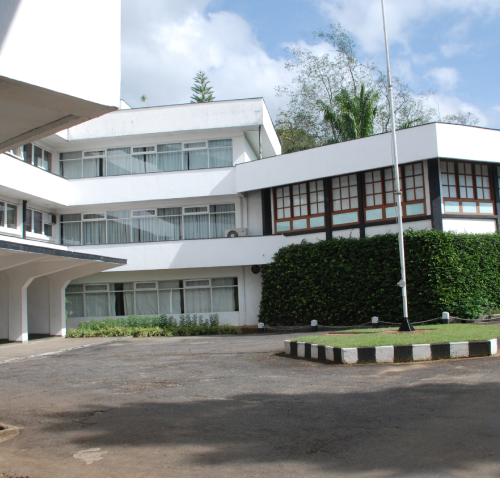
Expanding Research and Regional Centers
As the tea industry grew, so did the need for more research. The TRI gradually expanded its reach by setting up regional centers across Sri Lanka. These centers focused on research specific to different tea-growing regions, each with unique climatic conditions and challenges.
- Passara (Uva region)
- Kandy (Mid-country region)
- Ratnapura (Low-country region)
- Galle (Galle District)
- Deniyaya (Matara and Hambantota Districts)
- Kalutara (Kalutara District)
These regional centers allowed the TRI to conduct more specialized research and address the unique needs of tea farmers in each area.
Focus on Cultivation and Processing
The TRI’s research covers two key areas of the tea industry: cultivation and processing.
- Cultivation Research: This includes studying different tea varieties, soil types, climate conditions, and pest control methods to improve yield and quality. The institute has been instrumental in developing improved methods for planting, irrigation, and pruning.
- Processing Research: The TRI has also focused on improving the quality of tea processing. It studies methods for withering, fermenting, drying, and grading tea leaves to produce high-quality tea. This research has led to advancements in technology and techniques that benefit the tea industry.
Estates Operated by TRI
The TRI also operates two estates, St. Coombs Estate in Talawakelle and St. Joachim Estate in Ratnapura. These estates provide the institute with a direct opportunity to apply research findings in real-world conditions. The estates also generate income for the TRI, which helps fund its ongoing research.
Analytical Services
The comprehensive range of analytical services offered by the Tea Research Institute (TRI) helps promote sustainable farming practices, improve the efficiency and quality of tea production, and ensure Sri Lanka’s competitive edge in the global tea market. By supporting stakeholders with scientific analysis and research, the TRI plays a pivotal role in addressing challenges related to pest management, fertilizer application, and the certification of tea products.
An analysis of the services provided by the TRI, which contribute to the overall health and quality of Sri Lanka’s tea production are:
- Soil, Leaf, and Fertilizer Analysis – The analysis of soil, leaf, and fertilizer samples is essential for promoting the rational use of fertilizers in tea cultivation. Fertilizers are a key factor in improving tea yield and quality, but overuse or improper application can lead to environmental issues or inefficiency.
- Pest and Nematode Diagnosis – The TRI’s laboratories at Talawakelle, Ratnapura, and Hantana provide diagnostic services to detect and identify pest and nematode infestations.
- Calibration of Factory Equipment for Certification – The TRI helps tea factories with the calibration of essential factory equipment, ensuring compliance with international standards such as HACCP (Hazard Analysis Critical Control Point) and ISO 22000.
- Laboratory Analyses for ISO-Specific Constituents in Made Tea – The TRI conducts laboratory analyses to ensure that made tea (finished tea) meets ISO standards by testing specific constituents that affect the quality and taste of the final product.
These services not only benefit tea growers by enhancing productivity and reducing environmental impact but also ensure that the end product — Sri Lankan tea — meets the highest standards of quality and safety.
